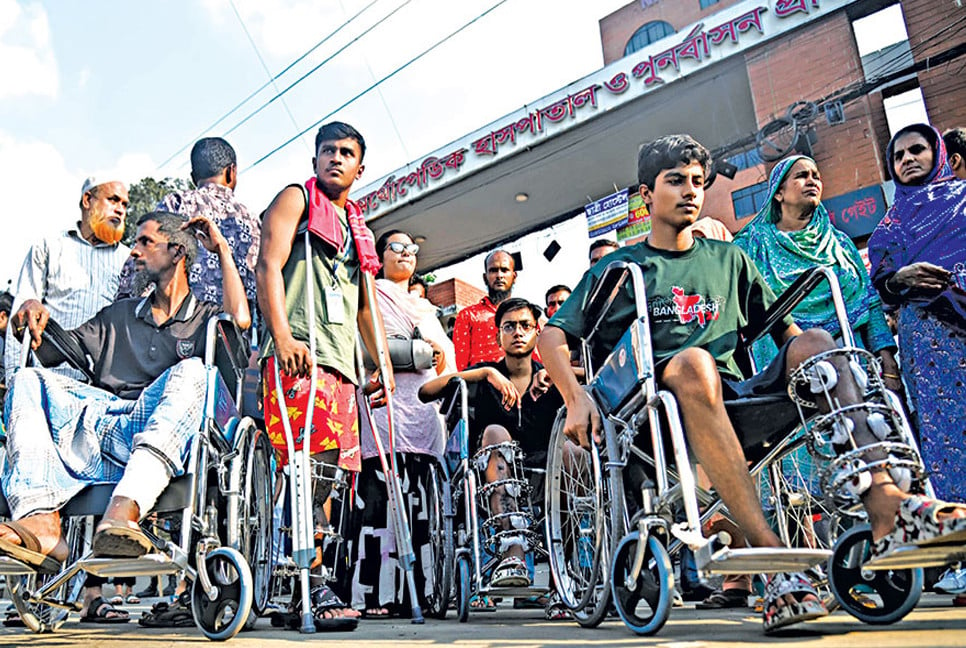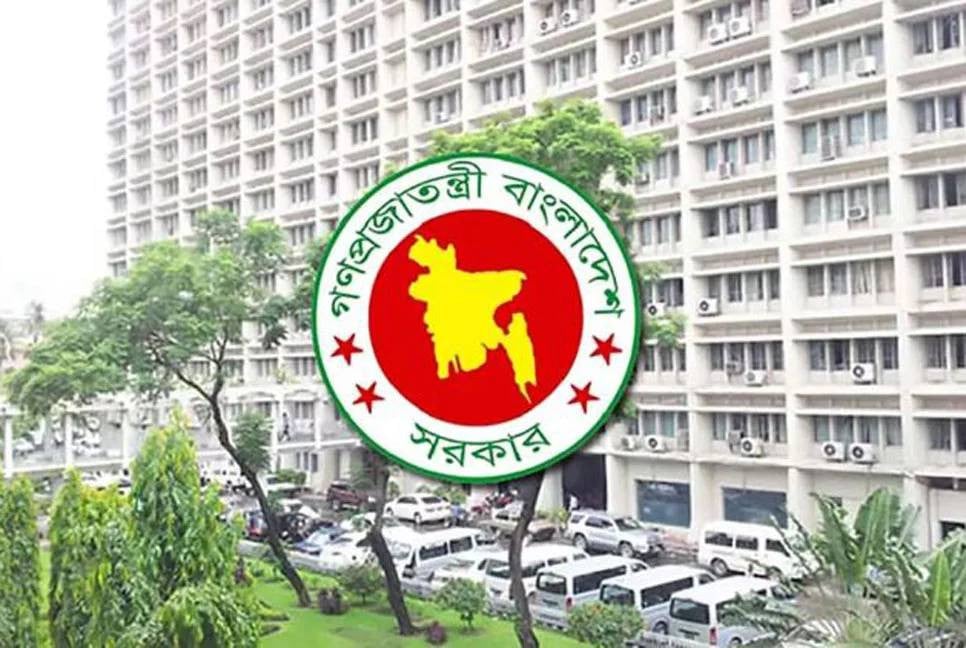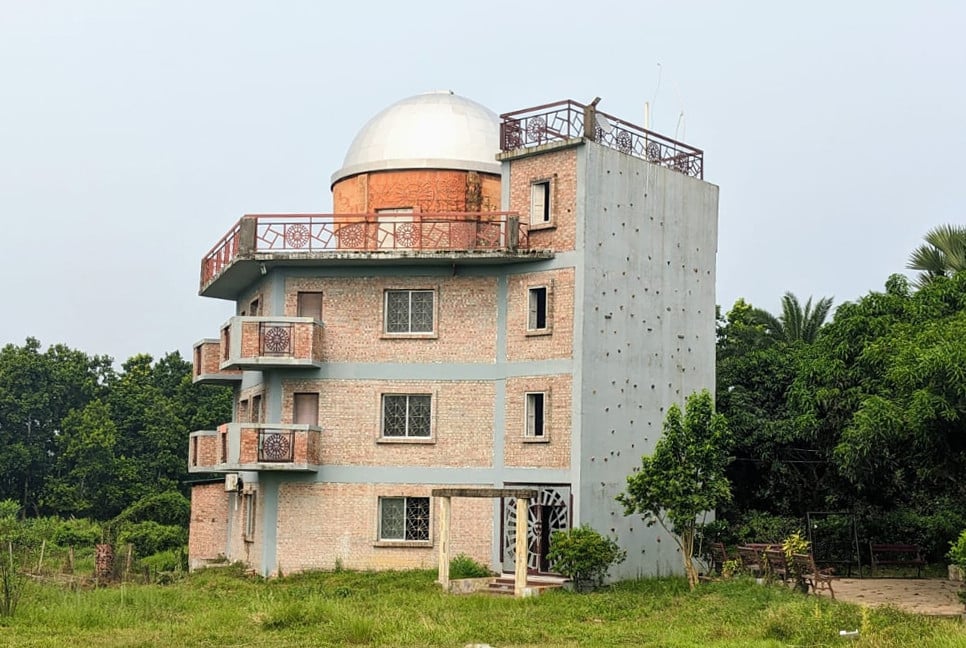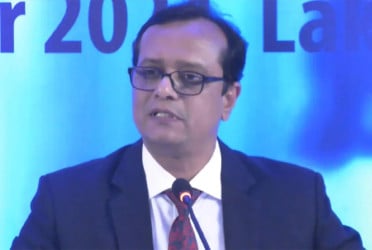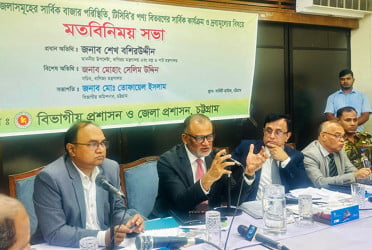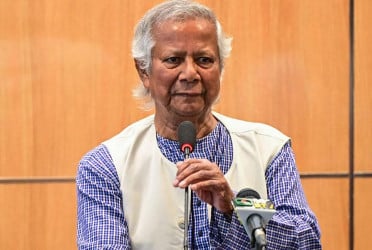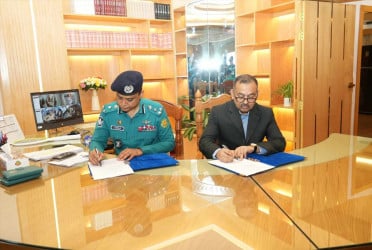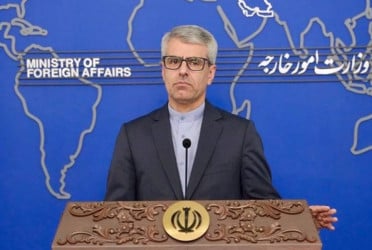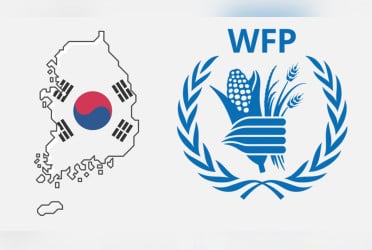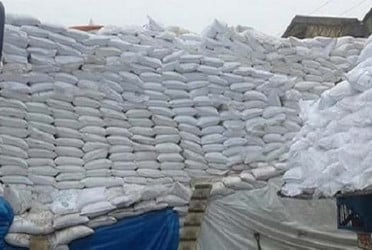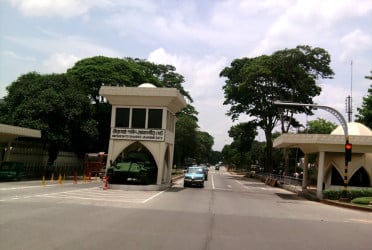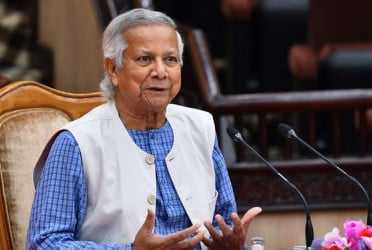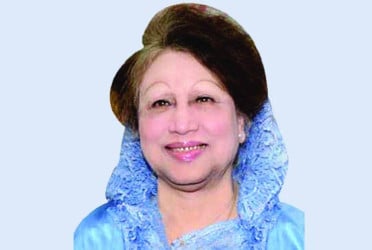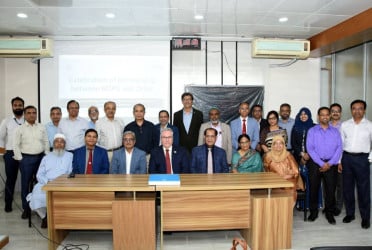Bangladesh's trade in services recorded a significant deficit, with earnings reaching $4.09 billion up to February in the fiscal year 2023-24, while expenditures soared to $7.26 billion, resulting in a $3.17 billion deficit. This gap, amounting to around 37,000 crore taka, widened from $2.63 billion during the same period in the previous fiscal year.
The Ministry of Finance attributes the growing deficit to global disruptions such as the COVID-19 pandemic, the Ukraine-Russia conflict, the Israel-Gaza unrest, and overall international instability. However, experts highlight that rising expenses on travel, medical treatment, and higher education abroad are major contributors to the escalating deficit, further straining foreign exchange reserves.
Developed countries typically generate substantial income from the service sector, but Bangladesh remains behind, spending twice as much on service imports compared to its earnings from service exports. Key sectors for service exports include transport, travel (tourism), banking and insurance, telecommunications, construction, and information technology.
Revenue sources in the services sector encompass fuel purchases by foreign transports, services provided by foreign missions and embassies in Bangladesh, charter fees, tourism, and foreign student expenditures. Earnings also come from ICT services such as software, data processing, hosting, and freelancing.
Conversely, expenditures include costs for Bangladeshi missions abroad, transport expenses for aircraft and ships, fuel, port facilities, travel, medical and education costs for Bangladeshi citizens abroad, and ICT service imports.
The Economic Survey 2024 reports total revenues in the services sector up to February 2023-24 as $578 million from transport, $297 million from travel, $423 million from telecommunications and ICT, $749 million from other business services, $1060 million from government services, and $983 million from other sectors. In contrast, transportation expenses reached $4.58 billion, travel expenses $1.05 billion, and other services $862 million.
To address the deficit, the Economic Survey suggests increasing efficiency in the ICT and software sectors, removing trade barriers, enhancing service quality, and promoting tourism development.
Dr. Mainul Islam, a former economics professor at Chittagong University, noted, "Income inequality in the country has led to increased expenditures on travel, medical treatment abroad, and higher education among the upper and upper middle classes. This not only increases the trade deficit in the service sector but also leads to significant foreign currency outflows."
He added, "Improving service quality in sectors such as education and health can help reduce dollar expenditures in these areas."
(The article was published on print and online versions of The Bangladesh Pratidin on July 6, 2024 and has been rewritten in English by Tanvir Raihan)










